The American Cancer Society last month published their 2012 Nutrition and Physical Activity Guidelines for Cancer Survivors. They define a “cancer survivor” as anyone who has or had cancer and is alive. This long and somewhat complex document is a comprehensive review of this important subject and is key reading for any cancer care professional.
The part of the report I found particularly interesting was a list of common questions about diet, physical activity and cancer survivorship. We hear these inquiries everyday in the office. It is worth a few moments to outline some of the most important ideas. Any of my own comments, I have added in italics.
– What about alcohol? The ACS believes that while alcohol in modest amounts can protect against heart disease, it may also increase the risk of many cancers. Therefore, if there is genetic or other increased risk for cancer, individuals may wish to avoid drinking alcohol. For those who do drink the amounts should be small (probably one drink a day and no binge drinking). Alcohol during cancer treatment should be kept at a minimum.
– How about antioxidants and vitamins? We should all eat more vegetables and fruits, which are rich sources of antioxidants. The ACS does not recommend taking dietary antioxidant supplements to prevent cancer, nor during treatment. In general taking supplemental vitamins is not recommended unless there is a documented deficiency. The ACS did not confirm that antioxidants increase the risk of certain cancers, indicating that more evidence is needed, but did mention that “supplements” may do more harm then good.
– Flaxseed? An excellent source of vitamins, minerals, fiber, phytoestrogens and omega-3. Two studies indicate decreased cancer growth in breast and prostate cancer. The ACS recommends more study.
– Obesity and Cancer? It is noted that being overweight increases the risk of cancer, and the risk of recurring cancer. Eating fatty food may increase the risk of breast cancer and low fat diets may decrease breast cancer recurrence. It is much harder to treat patients who are obese and they have more medical complications. Even questions about how much chemotherapy to administer have not been answered. Overweight people die more often from cancer then those of ideal weight.
– Physical Activity? The ACS focused on exercise during cancer treatment and recovery. Evidence strongly suggests that exercise is safe and recommended, during cancer treatment, when possible. It improves the speed and quality of recovery. Not discussed in depth was research, which shows that exercise significantly decreases the risk of cancer in the first place, and almost certainly decreases the chance of cancer coming back.
– Eat or not eat Soy? This plant food is an excellent source of protein and a healthy alternative to meat. Current evidence says that it is safe for all cancer patients, including those with estrogen sensitive breast cancer. This is a refreshing recommendation as so many foods contain soy. It is also a reversal of prior statements, which had urged caution.
– Does sugar cause cancer? No. However, it can make you obese which does increase cancer risk (see above). Sugar does not feed cancer growth.
– Is sleep important? This was not a discussed in the report. However, increasing research indicates that inadequate sleep increases blood pressure, heart disease, stroke risk, and cancer. The genes which control weight seem to rely on getting enough sleep.
– Is juicing a good idea? The ACS believes this can be a good way to consume vegetables and fruits. They do worry about the extra calories, as juicing is less bulky and thus less filling. Again, weight gain is a concern. For those who have compromised immunity the ACS urges caution in making your own juice. They recommend pasteurized juice for such patients.
So, back to basics. Exercise. Eat good foods, but not too much. Sleep. Limit alcohol. If we followed these basic ideas, a lot of cancer would vanish.
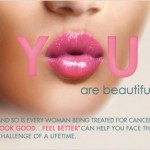
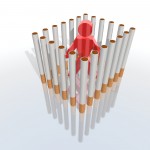

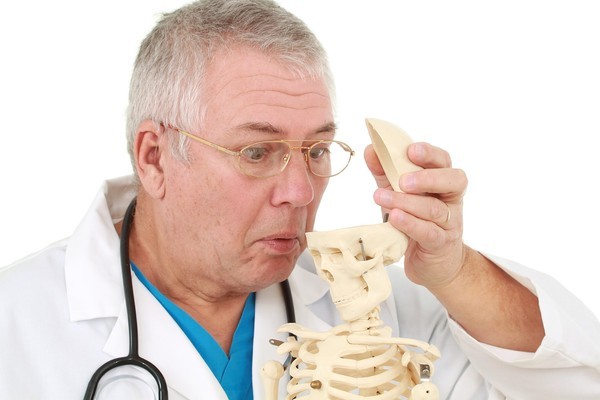
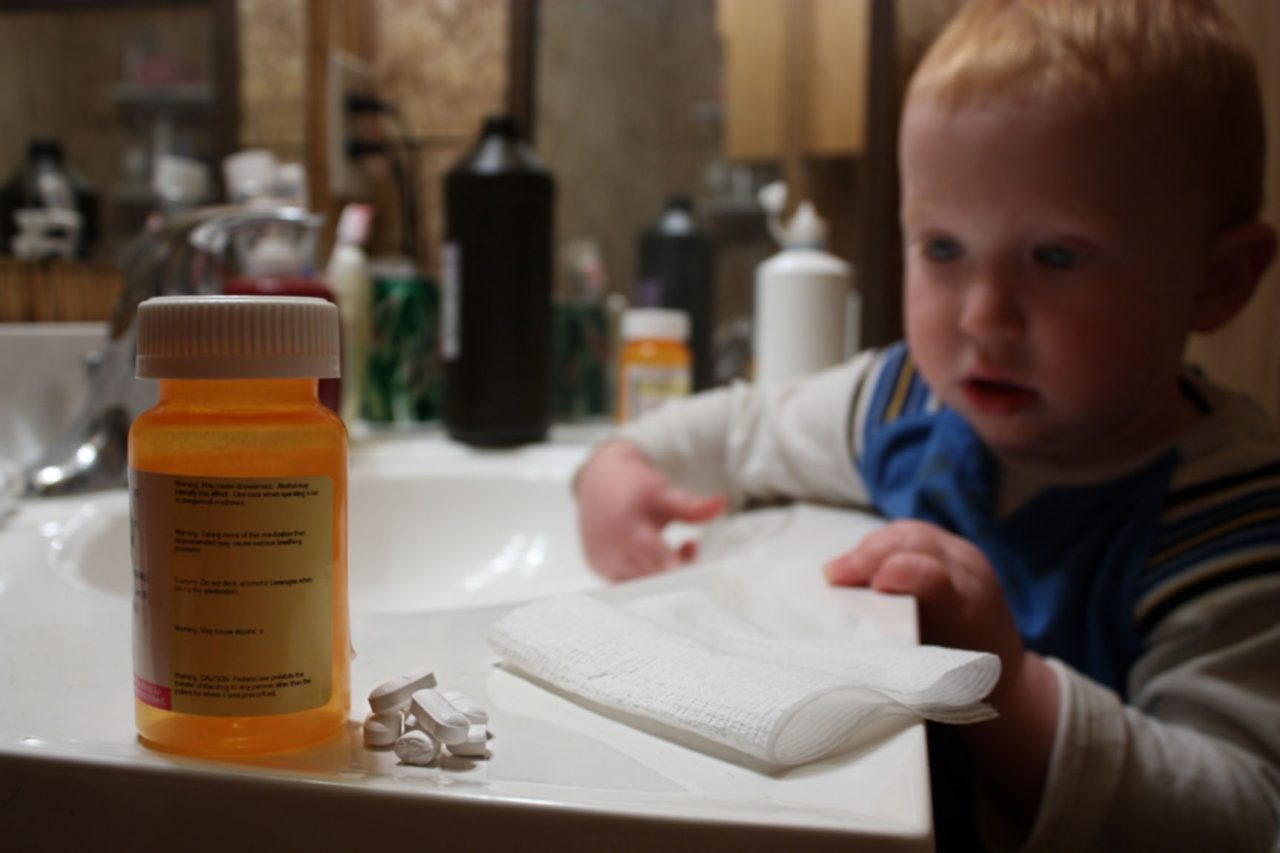

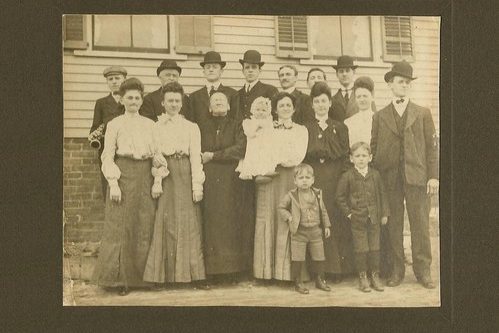
3 Comments